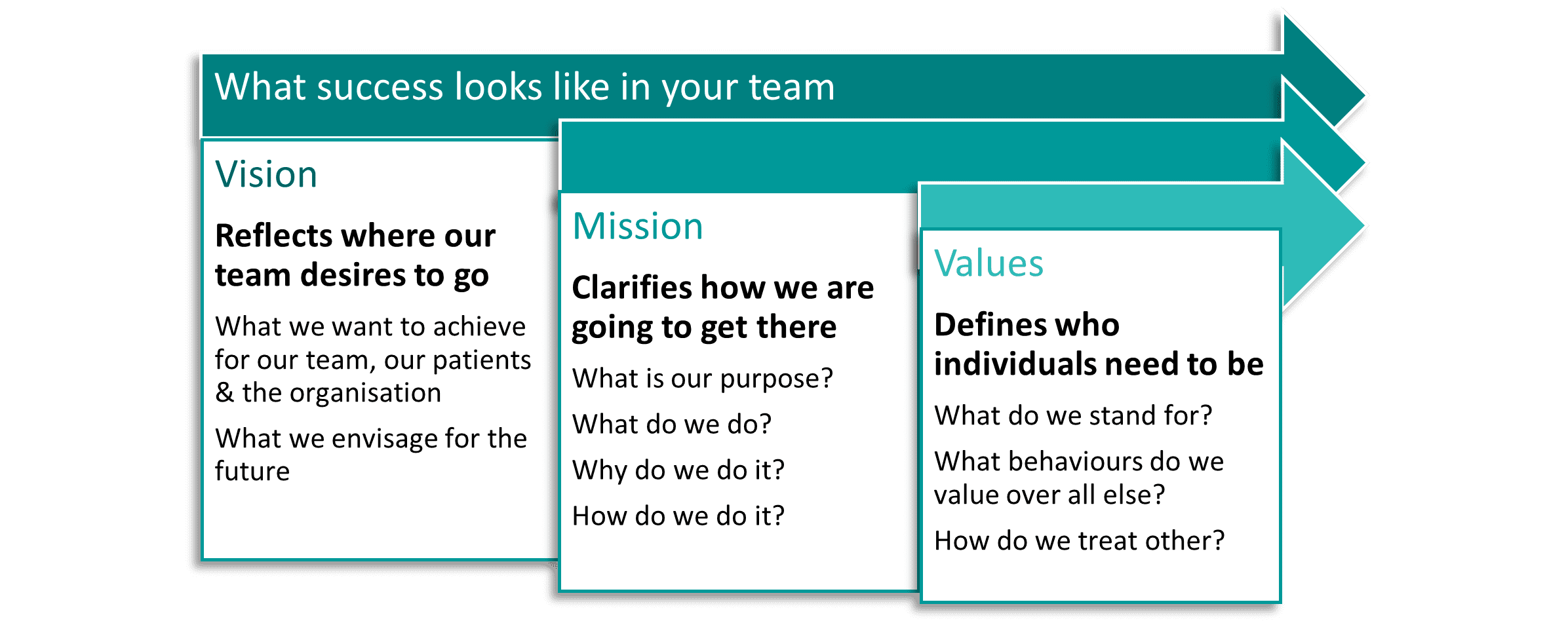Employee engagement
At Metro North Health, we are committed to putting our people first. As an organisation, we aim to foster a culture of employee engagement and inclusivity, where employees know they are valued through a strong sense of belonging, recognition, and professional growth. The Working Together – Strategy for Inclusive Employee Engagement 2025-2027 sets out how we propose to enhance staff engagement efforts across Metro North.
This page has been designed to provide resources to assist in the development of cohesive long-term improvement strategies aimed at increasing employee engagement and enhance your team’s capabilities, enabling our workforce to drive the collective success of our organisation.
Resources
Reward and recognition
How we celebrate our staff
- Staff Excellence Awards
Recognise and celebrate staff who make a significant contribution and demonstrate a strong commitment to our values – respect, teamwork, compassion, high performance and integrity. - Length of service awards
Recognise and celebrate our staff who have given years’ service to patient care and delivery of healthcare services, detailed in our policy Metro North Length of Service Recognition. - Research Excellence Awards
Recognise stand-out accomplishments made across our vast health service within all clinical circles.
Ways to reward and recognise others
- Office awards
Using the Values in Action thank you cards or certificate of appreciation. - Celebrate and share success stories
During team meetings – this creates the opportunity for team members to learn from each other and share best practices that will benefit the whole team’s performance. - Celebrate staff immediately
Displaying the Metro North values by using team platforms (i.e. Microsoft Teams), team notice boards or team email. - Employee recognition wall
Give all staff the opportunity to fill it with sticky notes that contain congratulatory messages to exemplary co-workers that display the Metro North values. - Cheers from peers
Make it easy for your staff to show appreciation for each other. Ask staff to call out the positive things people are doing so they come to your attention, as well as everyone else’s attention. - Morning teas
To recognise achievements and celebrate successes in the team. - Celebrate
Birthdays, work anniversaries, new additions to the family, and other noteworthy life-occasions. - Microsoft Teams parties
Consider a celebration for Mardi Gras, St. Patrick’s Day, the first day of summer, or national pizza day via Teams for employees who work remotely.
Please share your celebrations with the Culture, Engagement and Wellbeing team by emailing MNValues@health.qld.gov.au
Staff benefits
Explore the comprehensive staff benefits pages which offer extensive information on:
